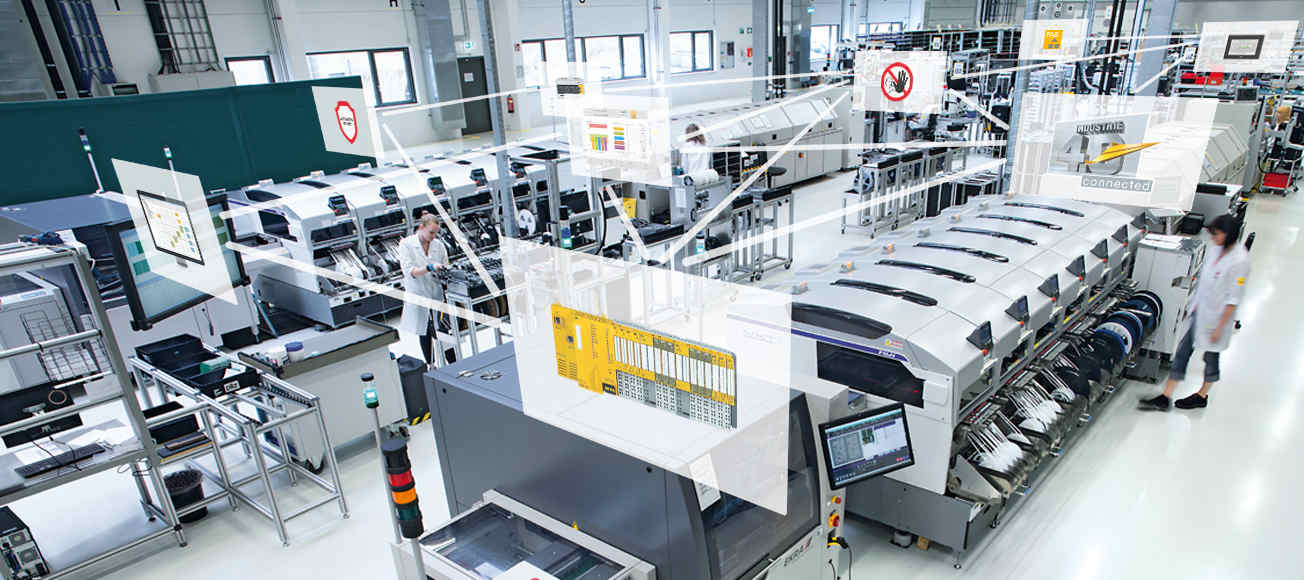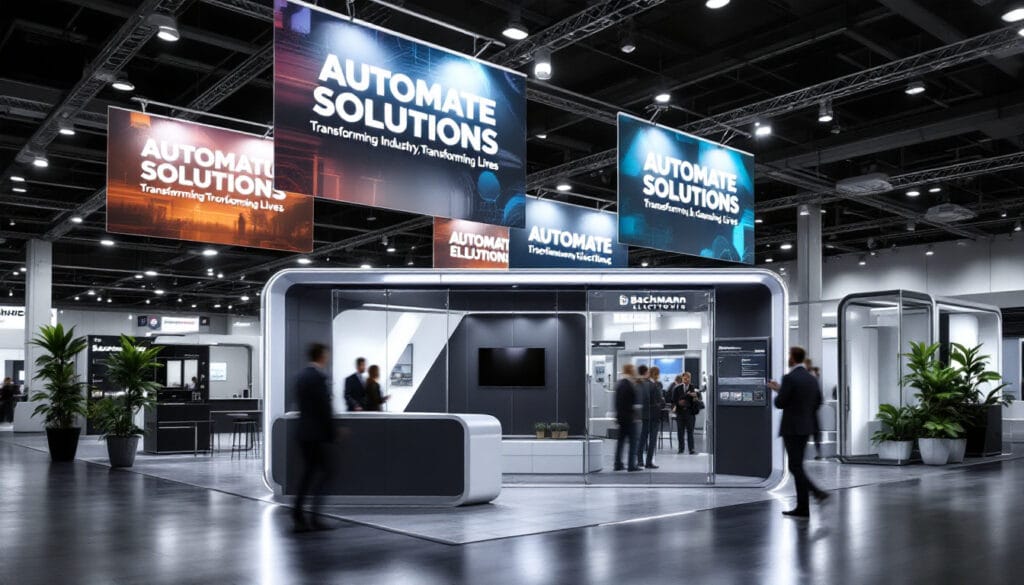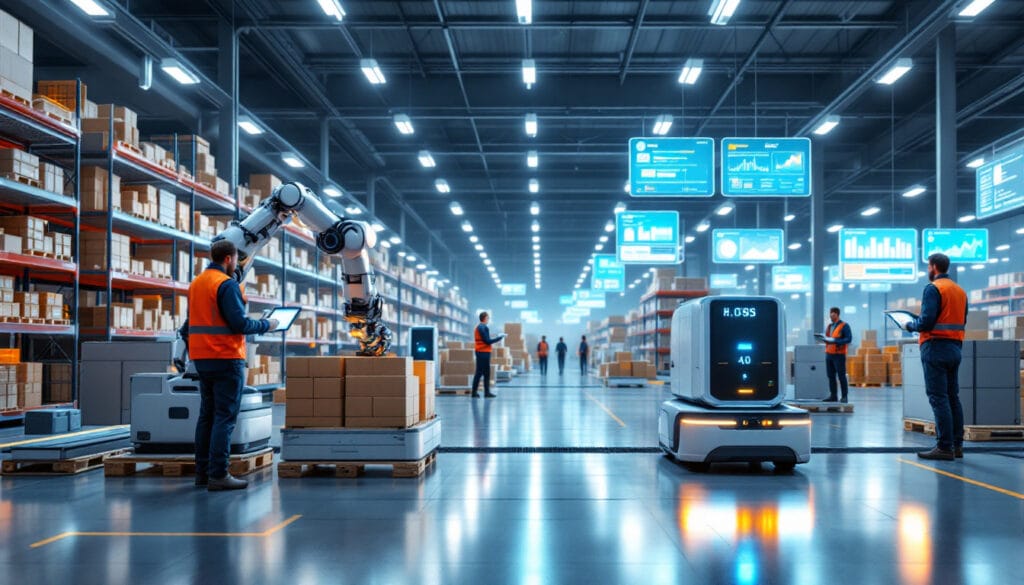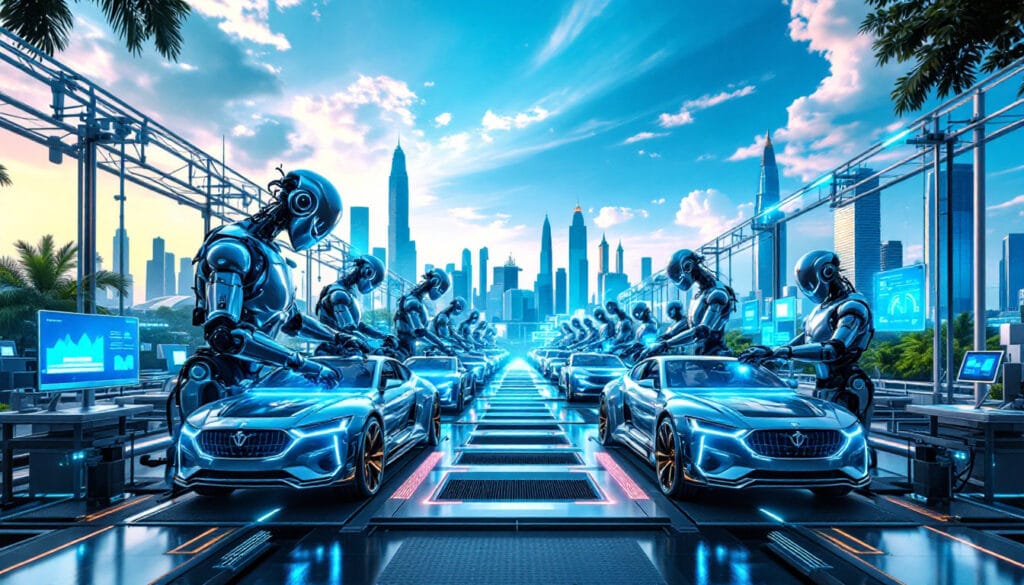In these times of digital transformation, Industry 4.0 intertwines with the Mobility Ecosystem 3.0, paving the way for spectacular technological advances. This convergence promises to revolutionize transportation, merging automation, artificial intelligence, and connectivity to create innovative solutions. While pioneers like Dara Khosrowshahi and Elon Musk continuously push the boundaries, young companies like Lifebloom are transforming mobility concepts. This marriage between industry and innovation is redefining modes of transportation, laying the groundwork for a future where autonomous vehicles and smart infrastructures reshape our daily lives.
The revolution of Industry 4.0 is redefining production concepts by integrating advanced technologies such as AI, cybersecurity, and industrial automation. Meanwhile, the Mobility Ecosystem 3.0 is revolutionizing the transport sector through innovations like autonomous vehicles and electrification. Iconic figures such as Dara Khosrowshahi and Martin Lundstedt are leading the charge in smart mobility and the influence of Volvo in these technologies. The emergence of Chinese flying taxis in Europe and the transformation of wheelchairs into exoskeletons are just a few examples of these advances.
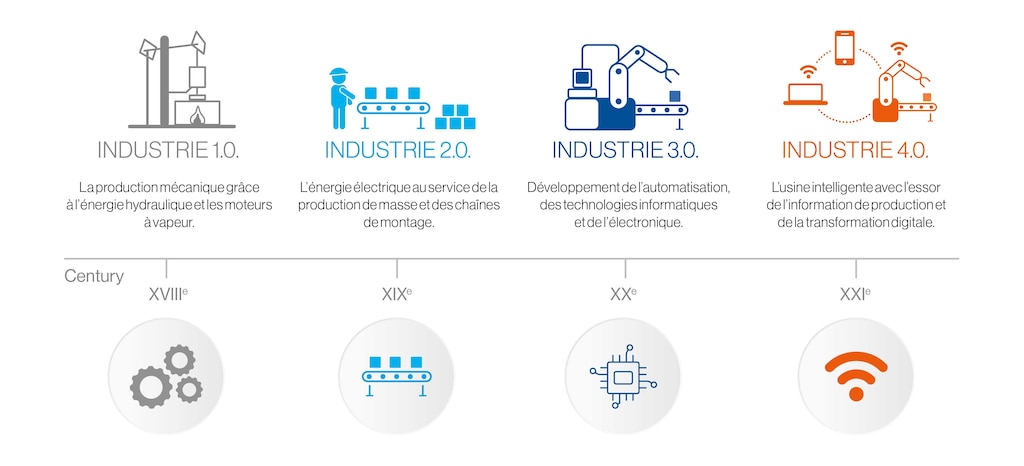
Table des matières
ToggleTransformation of the manufacturing industry with Industry 4.0
The concept of Industry 4.0 symbolizes a major evolution in production processes, integrating advanced technologies like artificial intelligence and the Internet of Things. These innovations transform traditional supply chains into agile and responsive interconnected networks. The integration of cyber-physical systems enables constant monitoring and rapid adaptation to market fluctuations, making factories more efficient.
Innovations in electrification and connected mobility
With the emergence of the Mobility Ecosystem 3.0, vehicles are no longer just means of transport. They are also becoming smart platforms through the integration of advanced sensors and communication systems that interact with the urban environment. These autonomous vehicles maximize road safety and optimize routes by analyzing data in real time, significantly reducing carbon emissions and enhancing user experience.
Security and major challenges in technological convergence
Although Industry 4.0 and Mobility 3.0 offer promising perspectives, the convergence of these technologies raises security challenges. Integrated systems are vulnerable to cyberattacks, necessitating new cybersecurity strategies to protect sensitive data. Companies must collaborate with technological institutions to develop robust solutions that will ensure the reliability and security of critical infrastructures. This enhanced security is crucial for maintaining consumer trust in an increasingly connected world.

